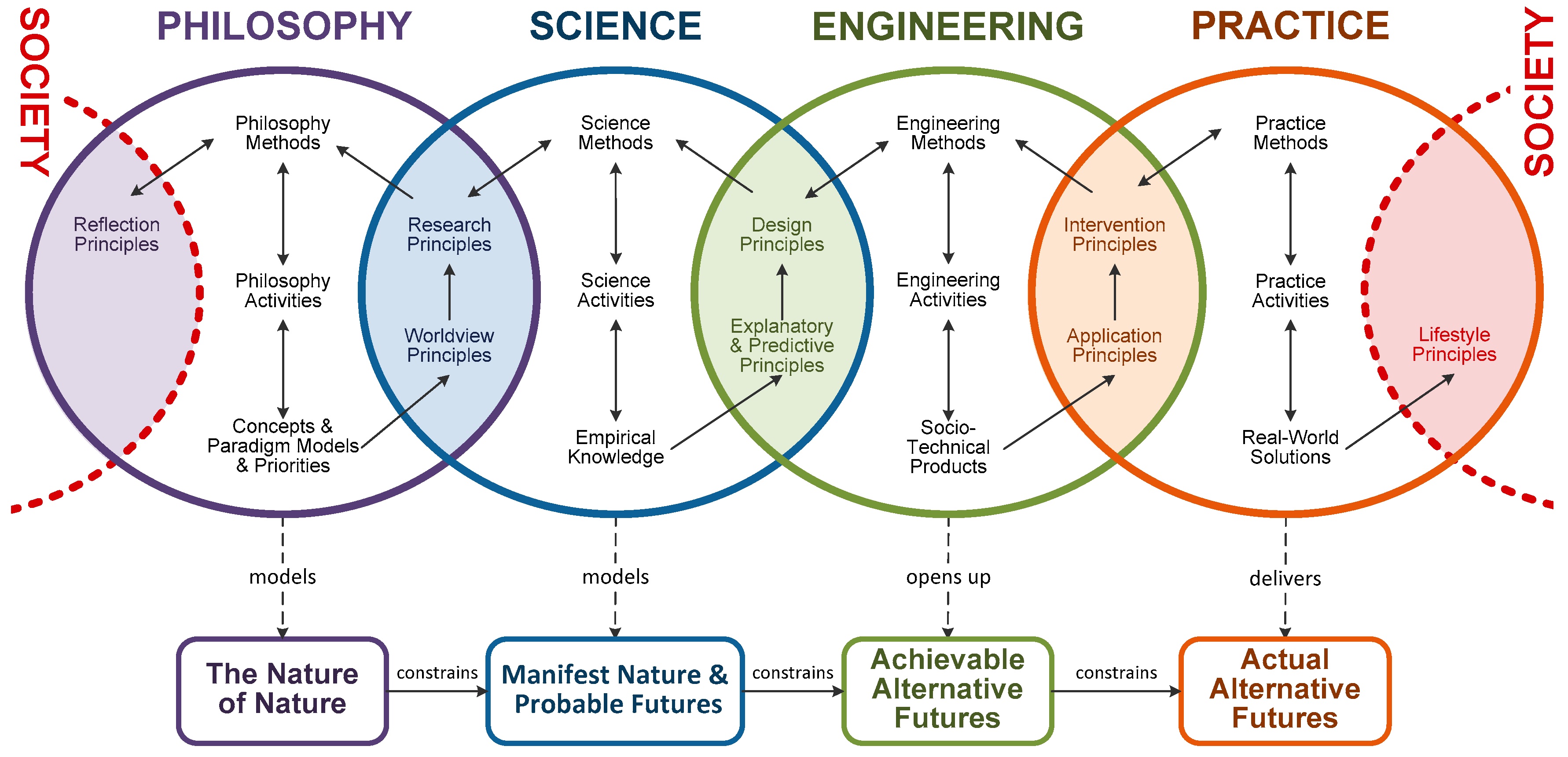
noun: a basic truth or law or assumption ("The principles of democracy")
noun: a rule or law concerning a natural phenomenon or the function of a complex system ("The principle of the conservation of mass")
noun: a basic generalization that is accepted as true and that can be used as a basis for reasoning or conduct ("Their principles of composition characterized all their works")
noun: (law) an explanation of the fundamental reasons (especially an explanation of the working of some device in terms of laws of nature) ("The principles of internal-combustion engines")
Principles are as laws that govern energy and form and their activities and associations. This is not a comprehensive list. More material will be added from time to time.
Basic Principles
Laws
Negative Principle - Russell
Positive Principle - Russell
Principle of Continuity
principle of counter-flowing currents
Principle of Equal Giving
Principle of Polarity Cayce
Principle of Regeneration Bearden
Principle of Regeneration Russell
Principle of Unity
Principles of Acoustics
Principles Operating in Nature
The Universal One Principles 199 principles in Russell's book
"Know the first principles: There is good in all that is alive." [Cayce (2537-1)]
"Techniques there may be a million and then some, but principles are few. The man who grasps principles can successfully select his own methods. The man who tries methods, ignoring principles, is sure to have trouble.” [Warwick Shiller]
Leibniz
"Reality cannot be found except in One single source, because of the interconnection of all things with one another. ... It is a good thing to proceed in order and to establish propositions (principles). This is the way to gain ground and to progress with certainty. ... I hold that the mark of a genuine idea is that its possibility can be proved, either a priori by conceiving its cause or reason, or a posteriori when experience teaches us that it is a fact in nature." [Gottfried Leibniz, 1670]
Phineas Parkhurst Quimby
“I will try to give an illustration of my First Cause. Wisdom is outside of everything. Opinion is in wisdom, for wisdom fills all space. Therefore, it being all wise, everything comes within itself. Opinion being in belief cannot be wisdom, for it is liable to change. Now man is in one or the other of these two elements, wisdom or opinion. Principles are wisdom reduced to science or practice. Laws are not principles but are based on opinions that can change and they belong to man's reasoning. Principles do not reason at all but are like rays of light. All the principles of wisdom that are understood are like the points of a compass and these we call cardinal principles. Now man divides the globe into four quarters and the filling up of the points of compass is to fill up the space, so that man knows more than the four points; so with wisdom. The principles are so many that it is impossible to understand only as we grow wise.” [Phineas Parkhurst Quimby, The First Cause]
"Principles are the foundation of the scientific man. He is not in matter but dwells in wisdom, while to the man of matter, he is like a man who once was and now is not. This error arises from the fact that man places his wisdom in matter and cannot see either intelligence or matter outside of himself. Therefore, his wisdom is in his light and his light is in his body. If his body is full of darkness, he cannot see any light but the false one of darkness. If however, his body is of science, he is full of light. And looking upon his body, he sees it as a thing or idea like any other idea that can be changed and destroyed, and he is not affected by what the world calls destruction of the body. This is the wisdom of Christ which Jesus professed; therefore, he, like other scientific men, was to the world a mystery.” [Phineas Parkhurst Quimby, Article: The Analysis of Ideas by a Lecturer, Printed Page: 133, Kindle Location: 4393]
Christ Returns - Speaks His Truth
"I 'saw' that these 'principles' and 'characteristics', clearly observable in the process of creation, were set, invariable LAWS governing all of existence." [Christ Returns - Speaks His Truth, Letter 1, page 13]
See Also
Basic Principles principles found in nature
Bjerknes Effect
Father-Mother Principle
First Principles of Physics
GAUSS AND THE PHYSICAL TENSOR
Jacob Boehme
Laws
My Science & Our Society February 25, 2014. An excellent dissertation on Principle
Negative Principle - Russell
Positive Principle - Russell
Principle definition
principle of counter-flowing currents
Principle of Polarity Cayce
Principle of Regeneration
Principle of Regeneration Bearden
Principle of Regeneration Russell
Principles of Acoustics
regeneration
Sympathetic Vibratory Physics - The Basic Principles
3.05 - Two Principles
13.13 - Principle of Regeneration
14.02 - Three Six and Nine - The Principles of Creation
